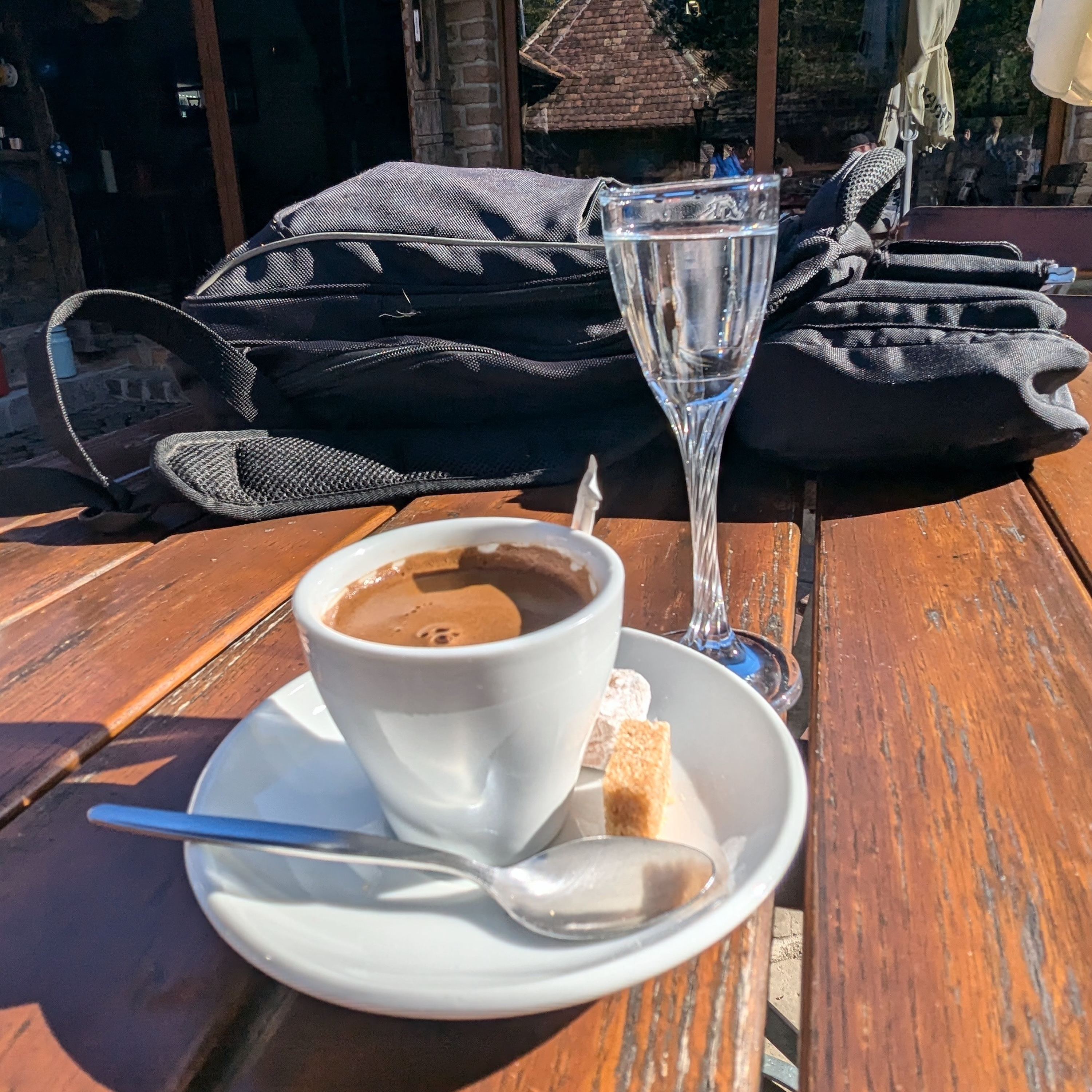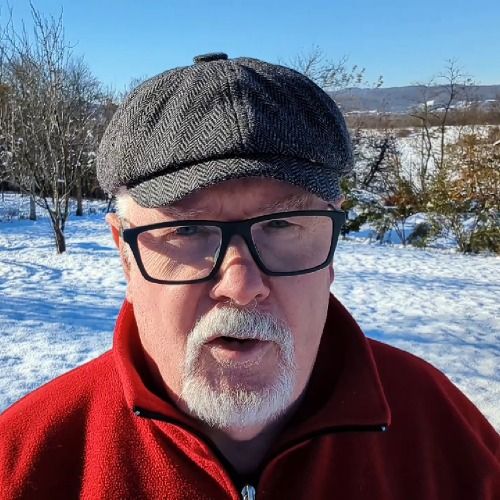The Italians of Mahovljani
Hello and welcome to the podcast, where in this episode we look at the legacy of a group of some 55 Italian families that came to the village of Mahovljani back in the late eighteen hundreds.
Today all that remains of that Italian influence is its church, high on the hill, vineyards that those settlers founded (and by the way are still harvested and turned into wine), and families with both Italian first and second names.
Many years ago I heard about this small former colony near where I have lived for nearly 20 years.I have been intrigued ever since. So, to my surprise and by pure chance, I bumped into one of the descents of one of the Italian families, Guilia, and asked her if she could tell me more about her community.
She agreed, and so we met her, and her family, at the Italian church on the hill, looking down on the Vrbas valley, just like her ancestors must have done on their arrival over 140 years ago. It’s quite the story.
You can support my work, by maybe leaving a Tip or by becoming a member of our podcast family at:
https://anenglishmaninthebalkanspodcast.com/support
Get full access to 🏴 An Englishman in the Balkans Blog 🇧🇦 at www.anenglishmaninthebalkans.com/subscribe
This is a public episode. If you’d like to discuss this with other subscribers or get access to bonus episodes, visit www.anenglishmaninthebalkans.com/subscribe
Mentioned in this episode:
Tamara Intro Tip




